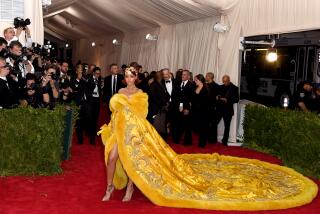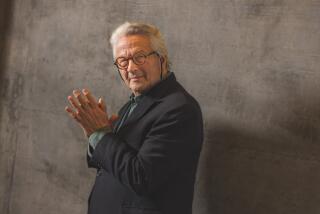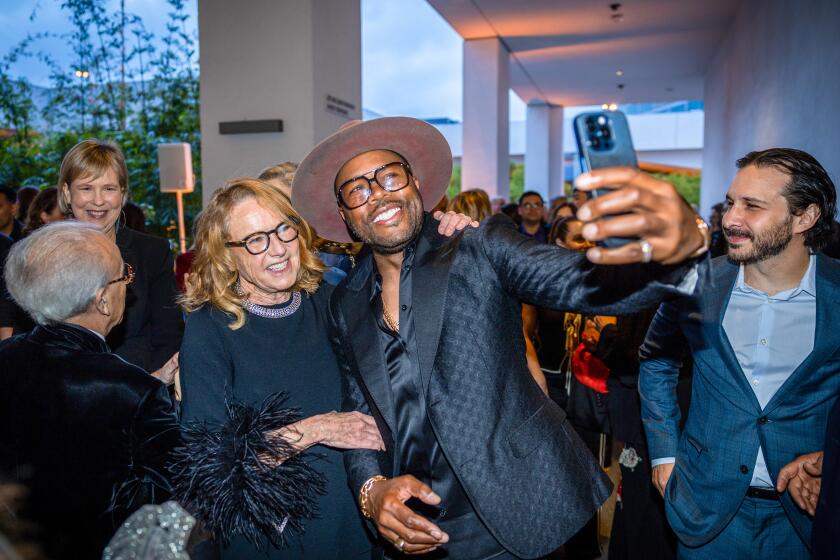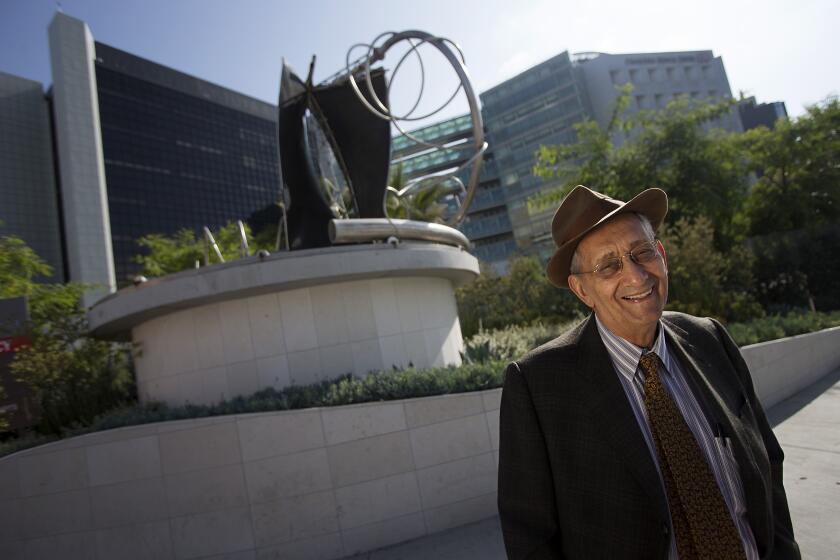Contraband Addresses Borders Through Dance
The dictionary describes the word contraband as smuggled merchandise. Sara Shelton Mann had something similar in mind when she chose the name for the dance-performance group she founded in 1979.
“At the time, I was working on both sides of the border--Canada and the United States--and, every time I came across the border, I thought of the hidden nature of performance,” Mann said in a telephone interview. “I was working with two Americans and two Canadians, and I kept thinking: What kind of creative contraband am I holding back when I cross those boundaries? Who do these ideas really belong to? Am I taking contraband from one country to the other?”
Mann conceived Contraband as a collaborative “life-art laboratory.” The work under scrutiny in this artistic experiment juxtaposes live theatrical forms of dance, music, and drama. Mann’s laboratory has since moved from its home base in Canada to San Francisco, where she formed a new incarnation of Contraband in 1980. According to Mann, the company’s artistic focus remains constant to this day.
“We’re still dealing with the question of crossing boundaries--who we are, and who we think we are,” she said.
Tonight through through Saturday, Contraband will perform at 8 p.m. at Sushi performance space downtown.
Like “The (Invisible) War,”--the last Contraband offering to be seen in San Diego--Mann’s newest work, “Mira, Cycle I,” is a full-length, multimedia production that combines elements of dance, music, poetry and narrative. However, “Mira” is much more complex in its storytelling, with two parallel tales.
“This is the culmination of my history, and I feel like trying to erase my history,” Mann said of this intensely personal, autobiographical work. “It’s the beginning of the cycle. ‘Mira II’ will deal more directly with some of these issues. But, when I found a book of poems on the life of a 16th-Century Indian ecstatic poet named Mirabai (a devotee of the Indian god Krishna), I knew I had to work with them.”
The mythical evocations are intercut with shocking monologues from Mann’s numbing experiences as a girl in Tennessee. Rape, abortions and emotional indifference are among the recurring themes in this unusual work. It’s a multifaceted performance piece that Mann suggests “all bring us to the same place.’
“Mira” has a funny side as well, Mann said. “I wish, I wish I could do a serious piece. But these people are just very funny, and very gregarious. There’s definitely humor there.”
Contraband’s soul-searching questions are sung and spoken by the performers, and expressed in body language, Mann said. They also are echoed in the musical accompaniment designed by Jules Beckman and Norman Rutherford.
“We have fantastic instruments,” she said. “The American culture has taken so much from India and Africa, and some of the instruments are strange. But you won’t recognize this as Indian music or post-modern dance. We’ve moved away from abstractions and more toward meaning--from loud to resonant.”
The harsh lighting treatment supplied by Jack Carpenter and Elaine Buckholtz may suffer somewhat in the bare-bones environment of Sushi’s “white space.” But, Mann said, “we try to cooperate with the space. The piece is built for a large theater, and we won’t have as much set, but we’ll have more intimacy at Sushi.”
More to Read
The biggest entertainment stories
Get our big stories about Hollywood, film, television, music, arts, culture and more right in your inbox as soon as they publish.
You may occasionally receive promotional content from the Los Angeles Times.






